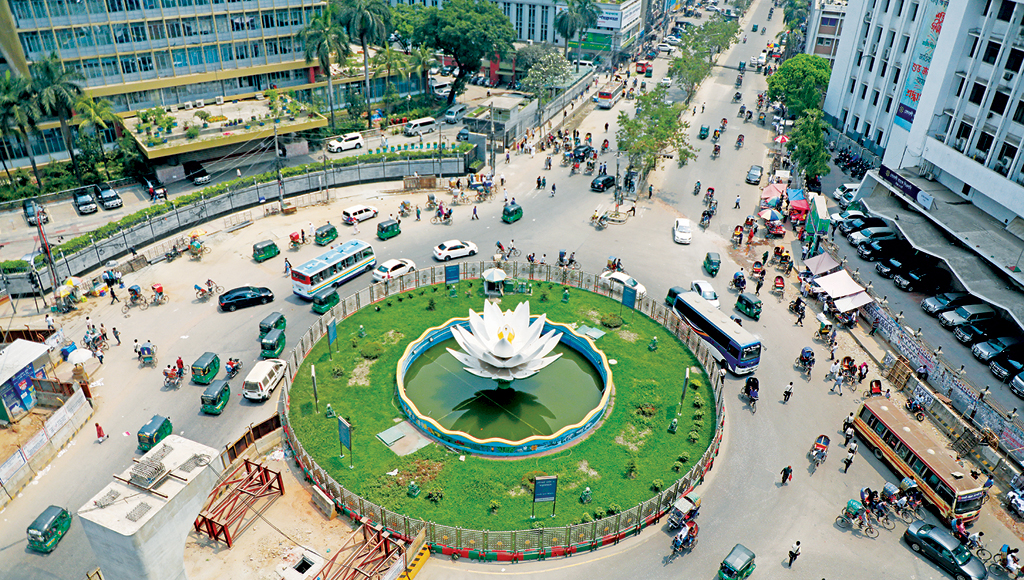
The opening of letters of credit (LC) for imports increased in the first 10 months of the 2024–25 fiscal year, displaying a gradual recovery in business activity after months of political turmoil.
However, LC openings for capital machinery fell sharply by 27 per cent to $1.41 billion, indicating continued weakness in long-term investment sentiment.
According to data from the Bangladesh Bank, LC openings increased by 3 per cent year-on-year to $58.94 billion in the July–April period, up from $57.23 billion during the same months of FY24.
The rise follows an unrest, driven by a student-led uprising, culminated in the ousting of the Sheikh Hasina-led Awami League government on August 5. The instability had severely disrupted trade and commerce throughout July and August.
Government-related imports also contributed to a noticeable spike in LC openings in December.
LC openings for industrial raw materials — a key indicator of manufacturing activity — rose by 2.71 per cent to $20.22 billion.
Imports under the ‘others’ category, which included a wide range of commercial and industrial essentials, surged by 10.52 per cent to $19.95 billion. These two categories in combine account for nearly 75 per cent of total LC activity.
LC settlements also posted a year-on-year increase of 6 per cent, reaching $58.82 billion during the July–April period, compared with $55.45 billion a year earlier.
The latest data marks a reversal from the import-suppression policies enforced since 2023, when both the government and Bangladesh Bank imposed restrictions to curb foreign exchange outflows amid rapidly falling trend of reserves.
Foreign exchange reserves, which stood at $46 billion in December 2021, had plunged to $20.56 billion on May 29, according to IMF reporting standards.
The pressure on reserves has been aggravated by the sharp depreciation of the taka.
The interbank dollar rate climbed to Tk 123— up from Tk 122 earlier — continuing a downward slide from Tk 84.81 in June 2021, Tk 93.45 in June 2022, and Tk 106 in June 2023.
The weakening currency is amplifying Bangladesh’s external vulnerabilities. As much of the country’s foreign debt is denominated in US dollars, a depreciated taka inflates repayment burdens for both public and private borrowers.
Moreover, a stronger dollar has raised import costs, pushing up production expenses and consumer prices. This, in turn, is fuelling inflation, already a serious concern amid broader macroeconomic instability.





